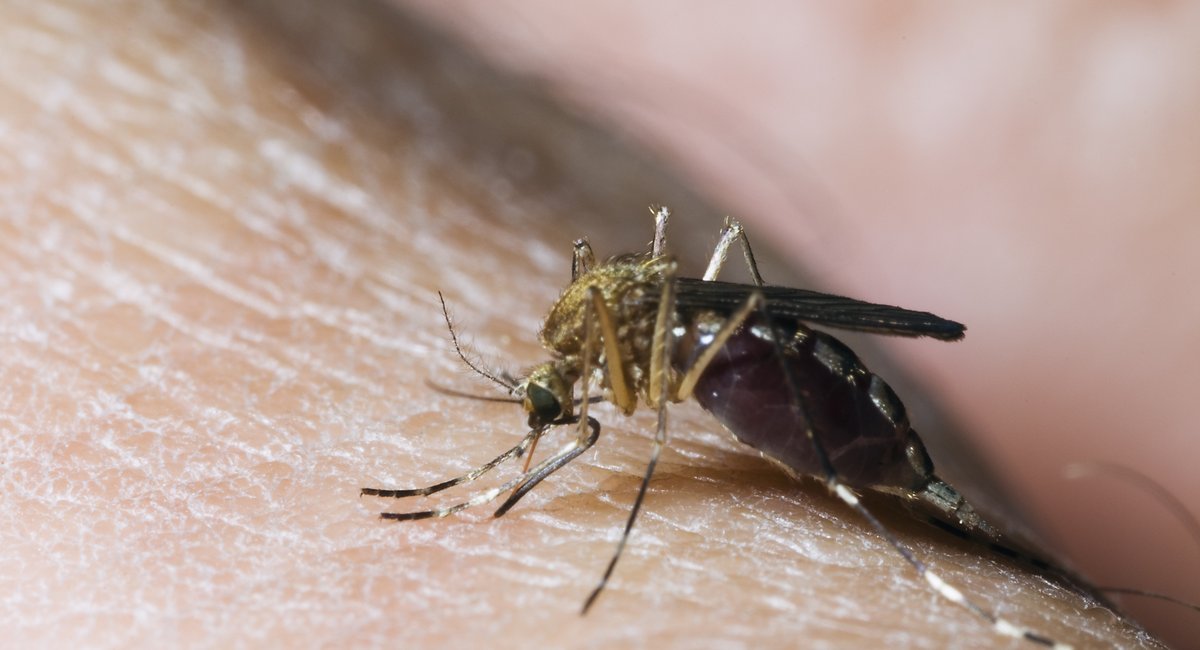West Nile Virus has been detected in New Yorkers for the first time this year, city officials said Monday.
Four people living in Manhattan and Queens have been reported to have the disease since late July, officials said. It was also detected in blood donations from three people — one in Brooklyn, one in Queens and one in Manhattan — while two other possible cases are under investigation in the Bronx, the Health Department said.
Meanwhile, levels of West Nile in mosquitoes throughout the city are higher than they were this time last year, according to Health Department data. The department routinely traps and tests mosquitoes across New York City, batching them together as sample pools.
As of Friday, Aug. 16, there were 1,286 positive pools across the five boroughs this year, far higher than the 569 at the same time last year, officials said. This year, it was detected earlier than ever, on June 5, according to the Health Department.
Health Department officials said the city is treating areas with mosquito activity. But Health Commissioner Dr. Ashwin Vasan said New Yorkers also need to do their part.
“We all have a role to play to protect ourselves and each other,” he said.
The virus has also been detected in neighboring municipalities. Westchester County officials said a New Rochelle resident and a Mount Vernon resident had tested positive for West Nile virus earlier this month, marking the first confirmed human cases in the county this year. On Long Island, Suffolk County officials also said an Islip man had tested positive for the virus in July.
Using an EPA-registered insect repellent is one very important tool, especially when outside at dusk and dawn, when the types of mosquitoes that transmit West Nile virus are most active. You can also stop mosquitoes from laying eggs and reproducing in the water by emptying outdoor containers that hold water or calling 311 if you see standing water that you cannot empty.
West Nile virus is difficult to detect because most people infected never show any symptoms, though some may develop fever, headache, muscle aches, rashes and extreme fatigue. Most people fully recover from the disease, but in rare cases, it can also cause inflammation of the brain and spinal cord. Older adults and immunosuppressed people are at greater risk of severe disease from the virus.
The city recommends the following guidelines to reduce exposure to the more than 40 kinds of mosquitoes that reside here, including several Culex species, like Culex pipiens and Culex salinarius, that carry West Nile:
- Use an approved insect repellent containing picaridin, DEET, oil of lemon eucalyptus (not for children under three), or products that contain the active ingredient IR3535. Visit the EPA site to search by product and duration of effectiveness.
- People with severely compromised immune systems should avoid going outdoors during dusk and dawn when mosquitoes that carry West Nile virus are active and bite.
- Make sure windows have screens. Repair or replace screens that have tears or holes.
- Eliminate standing water from your property and dispose of containers that can collect water. Standing water is a violation of the New York City Health Code.
- Make sure roof gutters are clean and drained properly.
- Clean and chlorinate swimming pools, outdoor saunas and hot tubs. Keep them empty or covered if not in use. Drain water that collects in pool covers.
